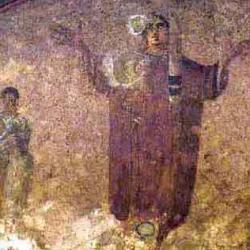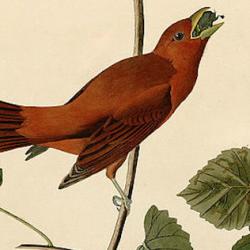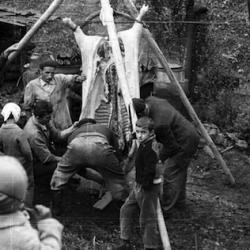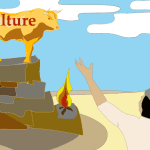Christian theology has long taught that we are “finite copies of the infinite Creator: created creators” (Dalferth, Creatures of Possibility, 198). Christian anthropology is eschatologically oriented: “Who we are is not determined by our origin; it will become evident in our future” (198). This comes to expression in religious and secular forms, the latter treating becoming as a self-making, the former as “gifting and empowering” (199).
Christianity has no quarrel, Dalferth says, with “the activity chain: can, choose, wish, want, and should” (200). But it penetrates to a prior level of passive gift and possibility: “It is true that the decision process can be described as taking up and carrying forward decisions, but this does not mean that life consists only in devision making and nothing else. It is only because possibilities come our way that we can decide, but our decisions constantly render some things impossible, while others become possible, so that in the course of time the scope of our lives, that which opens up to us the allocation of possibilities, changes. We make use of things that are not due to us, and we bring about things that we can no longer undo” (199).
For Christian faith, this process of open and closed possibilities is premised on the fact that “God the reality of the possible, is present in the opening up of creative opportunities, thus provoking us to responsible use of our freedom” (200). The activity chain depends on “which concrete possibilities have been opened up to each of us,” which is something over which we have no influence (200). It is only through the passivity of receiving gifts from the God who opens possibility that we can become active in deciding and making: “it is through passivity that humans become those whom they become in their activity and (relative) passivity: the passivity that is consistent with creation is creative” (201).
Thus, human passivity is not a deficiency but a “gifting: it is creative because it alone enables humans to become those who, via the can, choose, wish, want, and should activity chain, can make themselves into those they become.” It is a “sign of special gifting” that we are not “free and creative protagonists” but more fundamentally recipients of “creative passivity” (201).















